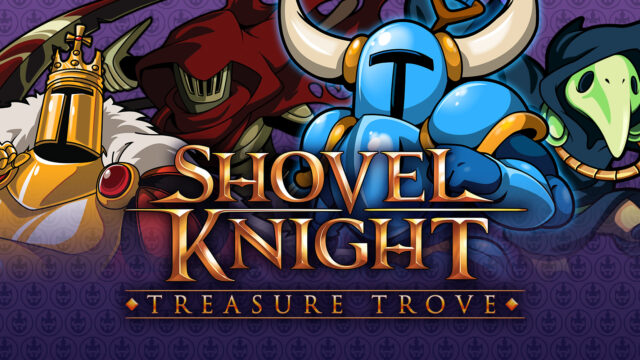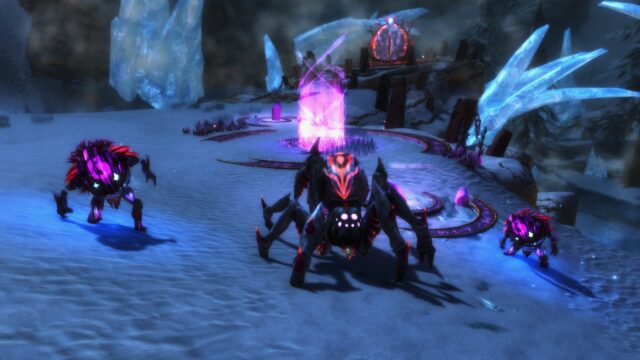From Dust Review
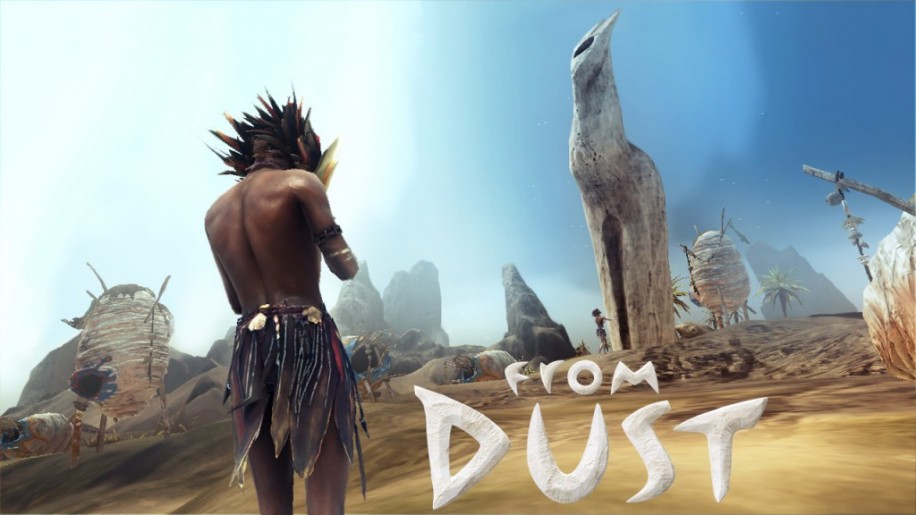
From Dust reminds of several old strategies at once, which were released both on computers and consoles at the time. Games of this kind have not visited our monitors and TVs for a long time, as the idea of a strategy with environmental and landscape management is essentially one-time. But there have been no sequels to the once shining series for years, and the idea has been forgotten, so it is very interesting to try a new interpretation of the terraforming strategy concept from Ubisoft.
So, some dark-skinned islanders decided to follow in the footsteps of their ancestors in order to find their own piece of habitable tropical paradise, for which they enlisted the support of their deity, whose role is assigned to the player. The main and only enemy of the natives in their odyssey is nature itself, unwilling to change its laws for a handful of incomprehensible wanderers. To reach the Gates of the Ancestors, leading to the coveted quiet harbor, the player will have to break through deserts, floods, and streams of lava.
The settlers have a habit of setting up camp-villages around ancient totems, where they patiently wait for their divine shepherd to dry up the next turbulent stream or extinguish a volcano, and they do not stick out until they are called to go. The local lemming god can do different things, the set of magical aces up his sleeve depends on which totems the flock hangs around, only the ability to manipulate a certain amount of water, sand, lava, and vegetation remains unchanged. Powered by the power of inhabited sacred places, miracles are intended to complement this basic tool depending on the situation: for example, with the help of one of the tricks, you can turn all the water on the map into frozen jelly and then repeat a well-known biblical story with a regular “shovel” a couple of times. The divine arsenal also includes a small black hole, steroids, endless supplies of sand, and a couple more tricks.
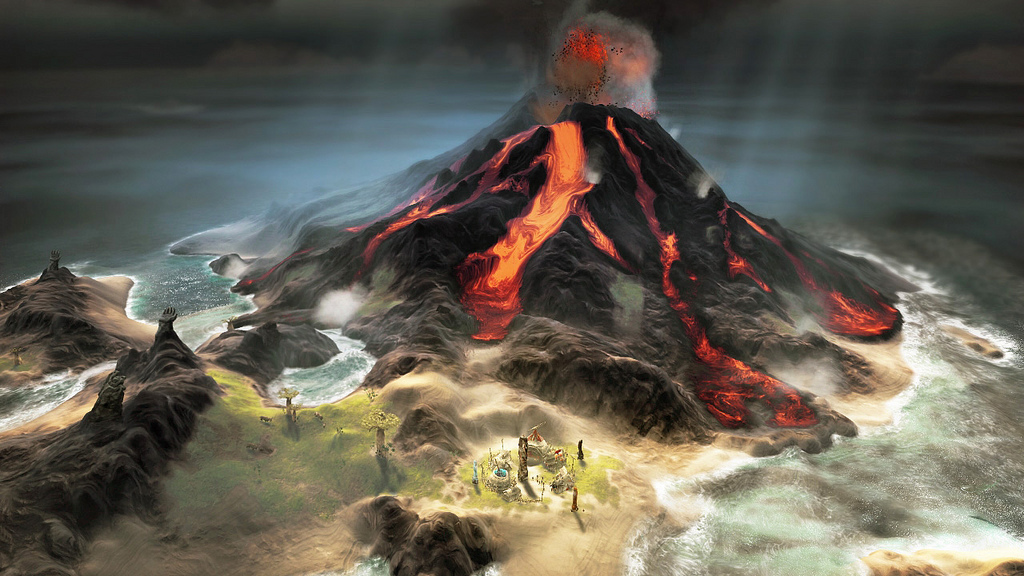
Something our tanned nomads can do themselves: just point the way to the special stone to the regular meteorologists, which controls either the water element or the fiery one, and the villagers will start successfully defending themselves against floods, lava, and fires, and even share these skills for free with all their neighbors, as long as the messenger doesn’t drown on the way.
The last important element for completing missions is the special plants placed by the developers on the maps. Two out of three of their types – cactus overgrowths and ignition trees – essentially only hinder. The cacti responsible for extinguishing fires and irrigation simultaneously successfully flood settlements, while the fiery trees, supposedly preventing certain areas of land from going underwater, often cause the very fires that the cacti extinguish and, in the process, wash away villages from the face of the earth. Your main plant helper, however, is the bomb tree. It sounds silly, but that’s how it is – when heated by lava or “igniters,” the plant detonates, sweeping away all nearby matter, including the immovable stone for the divine hand, from the face of the earth.
Periodically, the indigenous people predictably struggle and cannot cross a small but too cleverly constructed mound for the local artificial intelligence, which often leads to their demise under the force of the elements. Sometimes, unfortunate migrants can be saved by revoking the divine task given to them or by arranging an impromptu terraforming session, but… when another lemming is on the brink of death because he decided to walk on lava instead of the sand dune he didn’t like, it’s not desirable to prevent the impending tragedy, you know. Fortunately, the islanders live a healthy life in every sense, and if you already have at least one built village at your disposal, there will be no shortage of recruits.
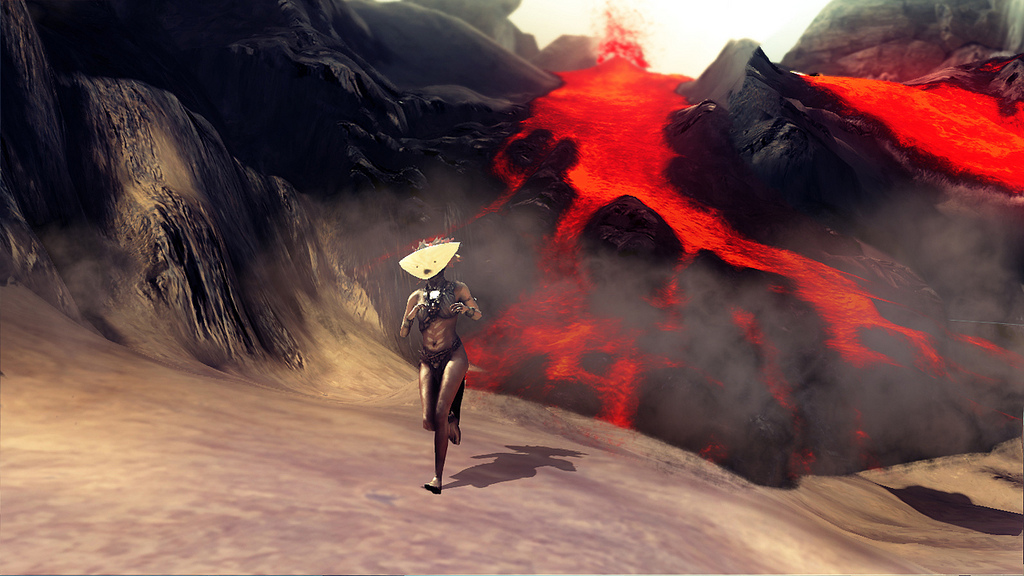
The gameplay itself is quite chaotic – the designers couldn’t fully cope with the game concept, which is why many challenges are tackled as if in a fever. It’s like you have all the necessary tools, but the geological and weather nonsense happening around the natives doesn’t leave much time to think about winning strategies and other elegant divine interventions. You have to hurry to put out a fire here, dry up water there, and cool down lava over there, so that the cute villages don’t turn into that very dust from which you’ll have to rebuild everything from scratch. At certain moments, a volcano can suddenly awaken in one place on the map, and a deaf desert can be flooded with water from eight sources at once. Strangely enough, there’s nothing wrong with that, it’s just that the game was expected to be slightly different. Nevertheless, you quickly adapt to these conditions, juggling sand, water, lava, and divine wonders, and well, the potential is not fully realized.An additional motivator to completely transform the local soil is the achievements awarded for turning game sandboxes into flourishing and fragrant gardens, full of exotic plants and animals. In none of the missions do you have to fight against a game over timer set by the developers (for which, by the way, thank you very much), so you can engage in gardening thoughtfully and without haste each time. Grown palm trees and tamed bugs will pleasantly diversify the initially quite dull pictures of the surrounding landscape; observing how nature gradually takes over the restless islands in From Dust is a separate aesthetic pleasure. Plus, as soon as the player overcomes the main puzzle on the map, seeding the soil becomes a simple and quick task, so carrying out this separate greening mission in addition to directing the great migration of the natives is never boring. Moreover, the game can be completed in a few hours (approximately one evening of not very intense divine craftsmanship), so why not prolong the enjoyment?
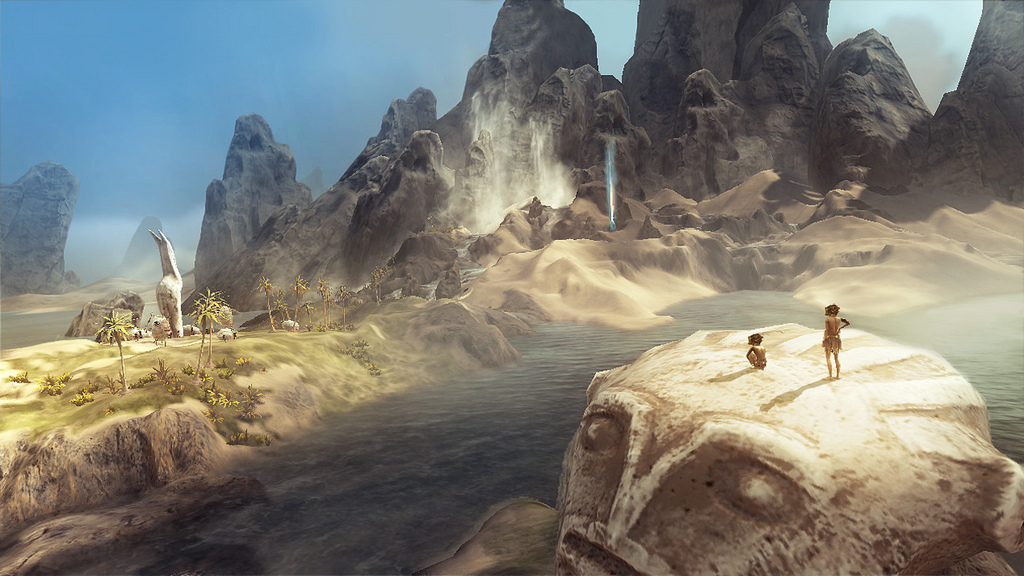
The game graphics themselves are not impressive, their charm lies in the aforementioned transformations. Here, all around is sand, and there, voila – the shelf cards have gone underwater, another third in magma, and on the remaining lands, villages hidden in the jungle have huddled together.
The coveted free map editor only opens at the very end of the game, and it’s infuriating. More precisely, it’s the unadapted PC controls that are infuriating, which during the main campaign could still be tolerated, but when working with the extended divine toolkit, you want to cry out all the remaining tears in your body after maneuvering with dummies. Dungeon Siege 3 Blood. When playing on a computer, as gamers know, there is a whole keyboard and mouse at their disposal, which are much more suitable for games like From Dust than the praised gamepads. But no, developers will transfer the functionality of ten gamepad buttons to ten keys, and forget about the existence of the remaining 90% of the keyboard’s working functionality – have fun however you want. PC gaming is dying, PC gaming is dying… stop suffocating it, it’s dying.
Without the internet, you can’t (properly) play From Dust, but this shouldn’t greatly upset people who are used to downloading and sharing torrents 24/7. What can undermine even seasoned internet users is the poor quality of game porting from consoles. Concrete-low frame rates, inability to properly customize the game, disabled controls, console-like interface – Ubisoft has assembled the entire gentleman’s set in the game. It’s doubly frustrating for idiots like me who didn’t buy From Dust on Xbox Live (or alternatively, on PSN) hoping for more convenient controls in the PC version. Well, why, I have a mouse, why castrate it to the state of an analog stick, why not at least slightly adapt the game for PC?
From Dust is good, but it could easily be (even) better if the developers ported it properly, not just easier and cheaper. Nevertheless, it is worth playing for all those who are not averse to unusual projects and virtual entertainment lovers.
Share
Discuss
More Reviews

